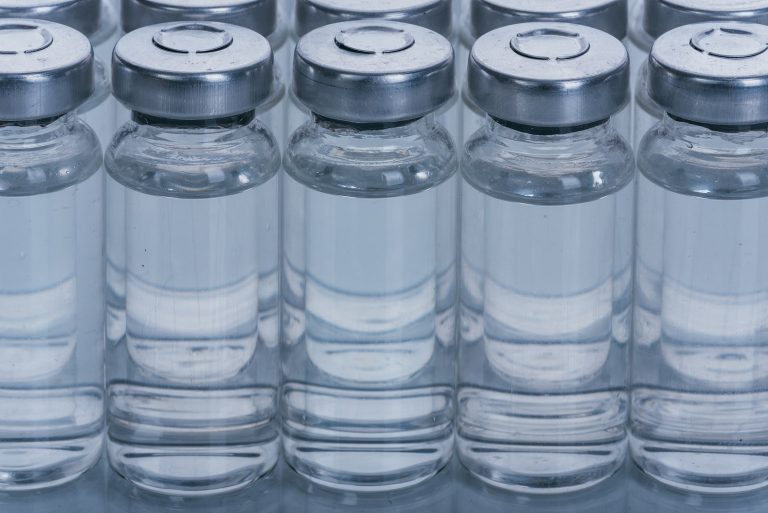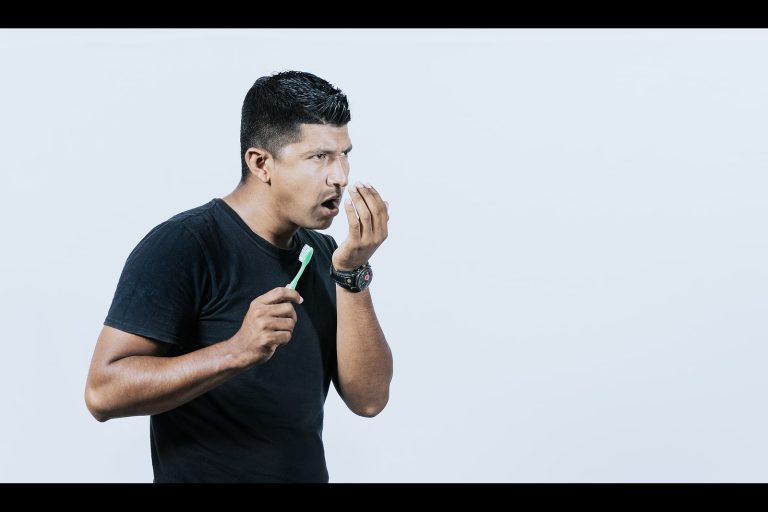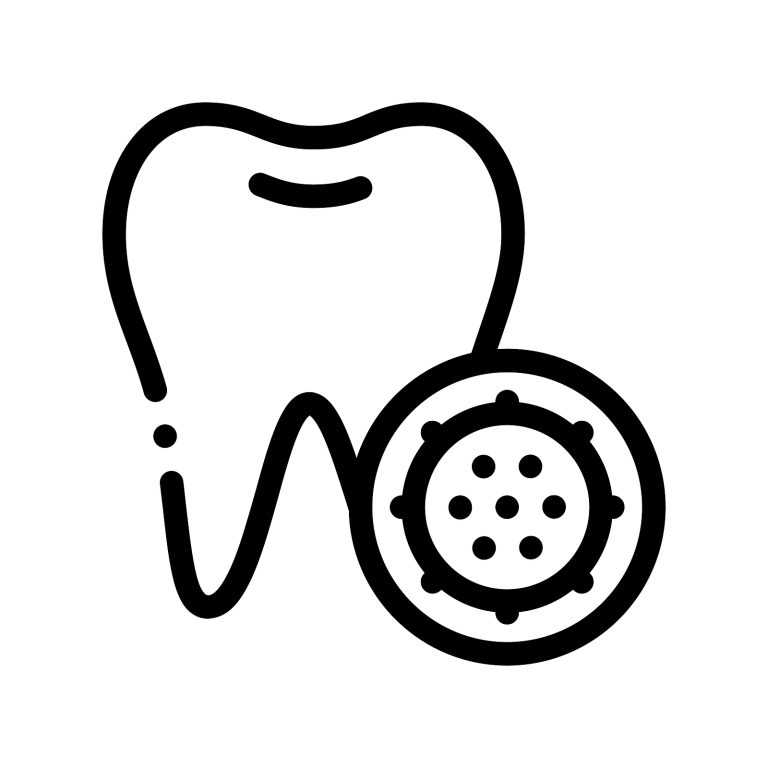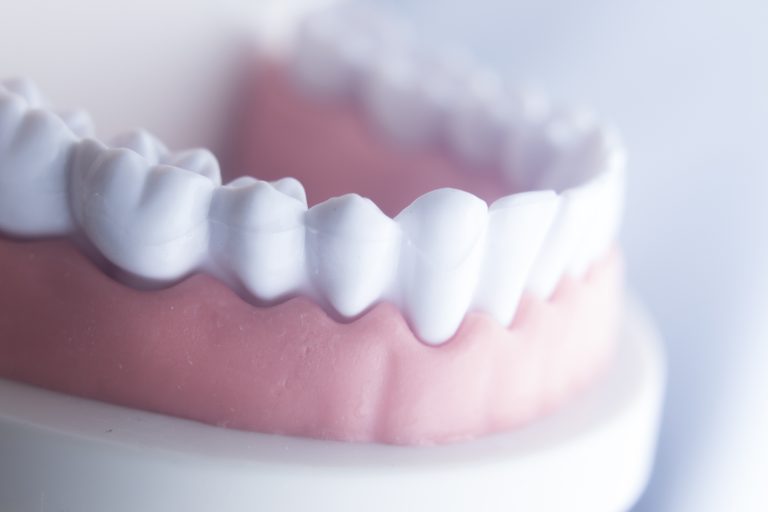Clinical guidance for patients on what to do immediately, when to seek urgent help, and how dentists treat a ruptured dental abscess.
What is a dental abscess?
A dental abscess is a collection of pus caused by a bacterial infection in a tooth or the surrounding tissues (gum and supporting bone).
It typically arises from deep tooth decay, failed dental work, gum disease, or trauma.
Symptoms commonly include throbbing pain, swelling, tenderness to bite, bad taste or smell, and sometimes fever and enlarged lymph nodes.
If the abscess bursts: what to do straight away
- Do not panic. Pain often lessens as pressure releases, but infection remains and still needs dental treatment.
- Spit out any pus, avoid swallowing the discharge if possible.
- Gently rinse with warm saltwater (½ teaspoon of salt dissolved in a mug of warm water) to help clear discharge. Do not use very hot water or vigorous swilling.
- Keep the area clean, continue normal brushing, but avoid aggressive brushing over the swollen area.
- Analgesia: consider paracetamol and/or ibuprofen if suitable for you. Check allergies/contraindications and any other medicines you take.
- Do not press, squeeze, or attempt to lance the area yourself. This can spread infection.
- Arrange urgent dental care the same day, a burst abscess is a dental emergency and needs professional assessment and source control (drainage or definitive treatment).
Red flags: seek urgent care (A&E/999) now
- Swelling under the tongue or in the floor of the mouth; difficulty swallowing, drooling, muffled voice, or breathing trouble (possible airway risk/Ludwig’s angina).
- Rapidly spreading facial swelling, eye swelling, or inability to open the mouth (trismus).
- High fever, rigors, confusion, feeling very unwell, or fast heart rate/breathing (possible sepsis).
- Dehydration or inability to take fluids/medicines.
Why you still need a dentist after a dental abscess bursts
When an abscess ruptures, the sudden relief comes from a drop in pressure, not from elimination of the infection.
Bacteria and infected tissue remain. Without professional care, the infection can re‑accumulate, spread to deeper spaces in the neck and face, and rarely enter the bloodstream, leading to sepsis.
Timely dental treatment removes the source (“source control”), which is the key step for cure.
How dentists treat a ruptured dental abscess
- Examination and imaging assessment of the site, vitality tests, and usually an X‑ray to identify the source (tooth vs gum).
- Drainage/source control, although some pus has released, the dentist will ensure complete drainage and remove the cause:
- Root canal treatment (endodontics) if the tooth is restorable: accessing the tooth to drain the abscess via the root canal system, cleaning and shaping, placing an antibacterial dressing.
- Extraction if the tooth is not restorable or if indicated by the clinical scenario.
- Incision and drainage through the gum if there is a fluctuant soft‑tissue collection.
After initial control, the dentist will usually place a temporary dressing/filling and arrange a follow‑up visit for completion (e.g., root canal obturation and later a crown).
Do you always need antibiotics for dental abscesses?
Not always. Antibiotics are an adjunct, not a substitute for drainage or definitive dental treatment.
UK guidance supports prescribing only when there is evidence of spreading infection (cellulitis, lymphadenitis), systemic features (fever, malaise), or where immediate operative care is not possible.
First‑line choices commonly include a penicillin‑class antibiotic; metronidazole may be added for anaerobic coverage in selected cases. Your clinician will choose based on allergies, pregnancy, comorbidities, and local guidelines. Unnecessary or repeated courses increase the risk of antimicrobial resistance.
Recovery timeline and self‑care for dental abscesses
- Pain often improves significantly within 24 hours once the source is treated; most people feel markedly better within 2–3 days.
- Eat soft foods, avoid very hot/cold items if they trigger pain, and keep well hydrated.
- Maintain oral hygiene (gentle brushing) and consider short‑term warm saltwater rinses if advised by your dentist.
- Do not smoke during healing; it impairs blood flow and slows recovery.
- Seek review urgently if pain or swelling worsens or you develop red flags.
How to reduce the risk of dental abscesses
- Brush twice daily with fluoride toothpaste; spit, don’t rinse, after brushing to keep fluoride on teeth.
- Clean between teeth daily (floss or interdental brushes).
- Limit free sugars, especially between meals and before bed.
- Regular dental and hygiene visits for early detection and treatment.
- Stop smoking; ask your dental team or GP for cessation support.
Important note about antibiotics and online services (UK)
In the UK, prescription‑only antibiotics for dental infections require a clinical assessment.
Responsible online services provide a condition‑led consultation with two‑way clinician review and will only prescribe when appropriate while arranging or signposting for urgent face‑to‑face dental treatment for source control.
Advertising specific prescription‑only medicines to the public is not permitted under MHRA rules; care should focus on safe assessment and treatment pathways.
Author: Dr Javeria Kiran Ahmed
Credentials: Dental Surgeon (GDC No. 244004), Qualified from University of Bristol 2013, BDS. Specialist Interest: Restorative Dentistry, Occlusion, Treatment of Complex Dental Cases, Facial Aesthetics, and Clear Braces







